Receiving Body
United Nations Special Rapporteur on Human Rights Defenders
Report Type
Submission for the report of the Special Rapporteur on Human Rights Defenders to 58th session of the Human Rights Council
Tags
The majority of immigration detention centers are located in remote and rural areas and 67% of detained people have been held in a rural and isolated location at some point during their custody. This isolation is used to to retaliate against human rights defenders who are targeted for immigration enforcement for their political speech and who speak out against abusive conditions of confinement in immigration detention.
Alongside grassroots partners, RFK Human Rights delivered this written submission to the United Nations Special Rapporteur on Human Rights Defenders for her report to the Human Rights Council on challenges and risks faced by human rights defenders in remote and isolated areas. It describes harms perpetrated by the United States against organizers, hunger strikers, and advocates for human rights incarcerated in immigration detention centers, the majority of which are in remote and isolated areas.
In her report to the Human Rights Council, the Special Rapporteur uplifted our concerns, noting that “[g]overnments frequently imprison defenders in remote jails or use other methods to isolate them from their networks, both familial and legal.”
What solutions exist?
The federal government can immediately release people vulnerable to abusive conditions of confinement in immigration detention and cease further detention of them pending immigration proceedings.
Congress can pass laws that prohibit immigration authorities from detaining someone on the basis of their political speech.
How can I get involved?
The Special Rapporteur recommended that governments “[s]trengthen support networks outside of capital cities to proactively reach defenders working in rural areas” and “[s]trengthen and expand . . . existing protection networks to ensure that they reach human rights defenders in isolated, remote and rural areas and set up such protection mechanisms where they do not yet exist.”
On-site legal rights presentations in isolated immigration detention centers are one such mechanism of protection. Learn more about how to create these initiatives here.
Share this information with your networks.
Join and support an organization near you that is working to end immigration detention.
January 3, 2025
Report of the Special Rapporteur – Out of sight: human rights defenders working in isolated, remote and rural contexts
October 31, 2024
Submission to the to the Special Rapporteur on Human Rights Defenders
Submission Partners
-
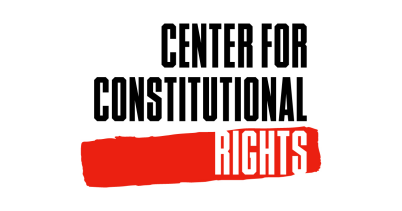
Center for Constitutional Rights
The Center for Constitutional Rights is dedicated to advancing and protecting the rights guaranteed by the United States Constitution and the Universal Declaration of Human Rights.
-

California Collaborative for Immigrant Justice (CCIJ)
CCIJ utilizes coordination, advocacy, and legal services to fight for the liberation of immigrants in detention in California.
-
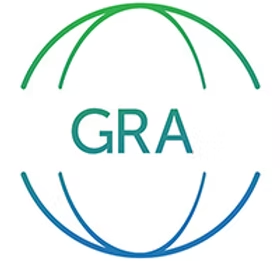
Global Rights Advocacy (GRA)
CCIJ utilizes coordination, advocacy, and legal services to fight for the liberation of immigrants in detention in California.
-
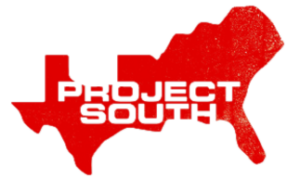
Project South
Project South’s work is rooted in the legacy of the Southern Freedom Movement, and our mission of cultivating strong social movements in the South powerful enough to contend with some of the most pressing and complicated social, economic, and political problems we face today.
-
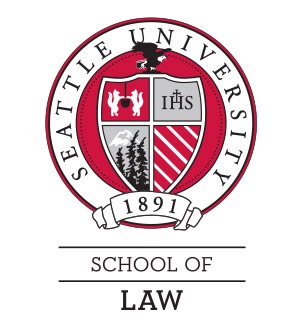
Seattle University School of Law
Seattle University is dedicated to educating the whole person, to professional formation, and to empowering leaders for a just and humane world.
-

La Resistencia
La Resistencia is a grassroots organization led by undocumented immigrants and people of color that have been oppressed by the immigration enforcement system.
-
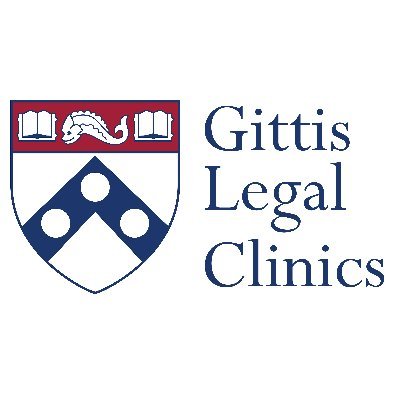
Gittis Legal Clinics
The Gittis Legal Clinics are Penn Carey Law’s teaching law firm, comprised of nine in-house clinics that offer students unique opportunities to develop essential lawyering skills and professional values.

